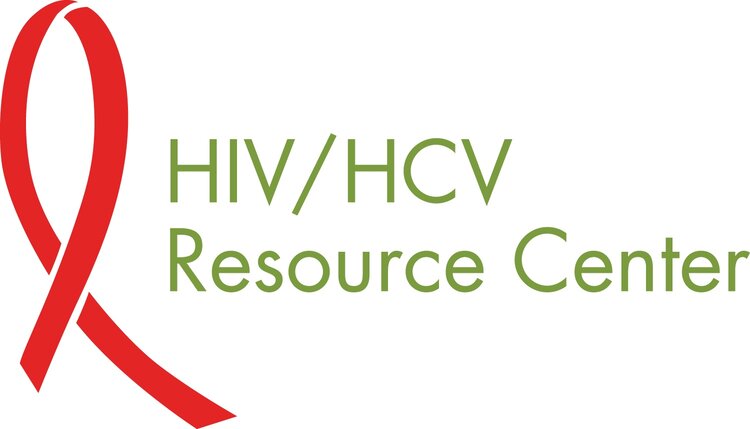By Allen Cone
March 30 (UPI) -- The new director of the Centers for Disease Control and Prevention said in a speech the AIDS epidemic could be ended within seven years and pledged to bring the opioid crisis "to its knees."
Dr. Robert Redfield Jr. spoke at a staff meeting of the CDC in Atlanta on Thursday, three days after replacing Dr. Brenda Fitzgerald, who resigned in January after about six months on the job. She reportedly bought shares in tobacco, drug and food companies last year roughly one month into the job.
For 50 minutes, Redfield spoke to staff at the Atlanta headquarters and CDC operations around the country.
Redfield, 65, said he was honored to lead the best "science-based, data-driven agency in the world. I've dreamed of doing this for a long time." The CDC has nearly 12,000 employees worldwide.
"We're not an opinion organization," he said. "That's why CDC has the credibility around the world that it has."
Redfield added: "Academia does not solve problems. Academia is not a service organization."
The former AIDS researcher has spent decades treating people who have HIV.
"Ending the AIDS epidemic in America? It's possible," he said. "I think it could be done in the next three to seven years, if we put our mind to it."
Although there is no effective HIV vaccine, Redfield said existing tools for treating HIV and preventing its spread can stop the U.S. epidemic.
"I've never been an abstinence-only person -- just ask my wife," said Redfield, who is Catholic. "I believe in every measure we have scientific evidence for, including condoms."
Only about 10 percent to 20 percent are using condoms, he noted. In 2016, nearly 40,000 people in the United States were diagnosed with HIV. The CDC reported 12,497 people died with AIDS in the United States in 2015.
He pledged that CDC would play a key role in other agencies in the Department of Health and Human Services in dealing with opioid misuse and abuse, which he called "the public health crisis of our time." He said they will work on "bringing it to its knees."
Opioids killed more than 42,000 people in 2016, more than any year on record, according to the CDC. And 40 percent of all opioid overdose deaths involve a prescription opioid.
"If any of you have tried to access care for addiction in this nation, I can guarantee you it's complicated," he said. "It needs to not be complicated."
Redfield also said emergency preparedness to protect "the health of the American public from that which we don't expect" is the agency's top mission. He called a pandemic influenza "my biggest fear." And he wants the CDC to be "100 percent prepared" for new or re-emerging infectious diseases threat or bioterrorism.
"I pray it doesn't happen on our watch. But I want to make sure we're all prepared, whether it's flu -- my biggest fear -- or MERS or something else," he said, referring to the viral Middle East respiratory syndrome.
"I respect the mission we have, which is to be prepared for what we don't expect."
